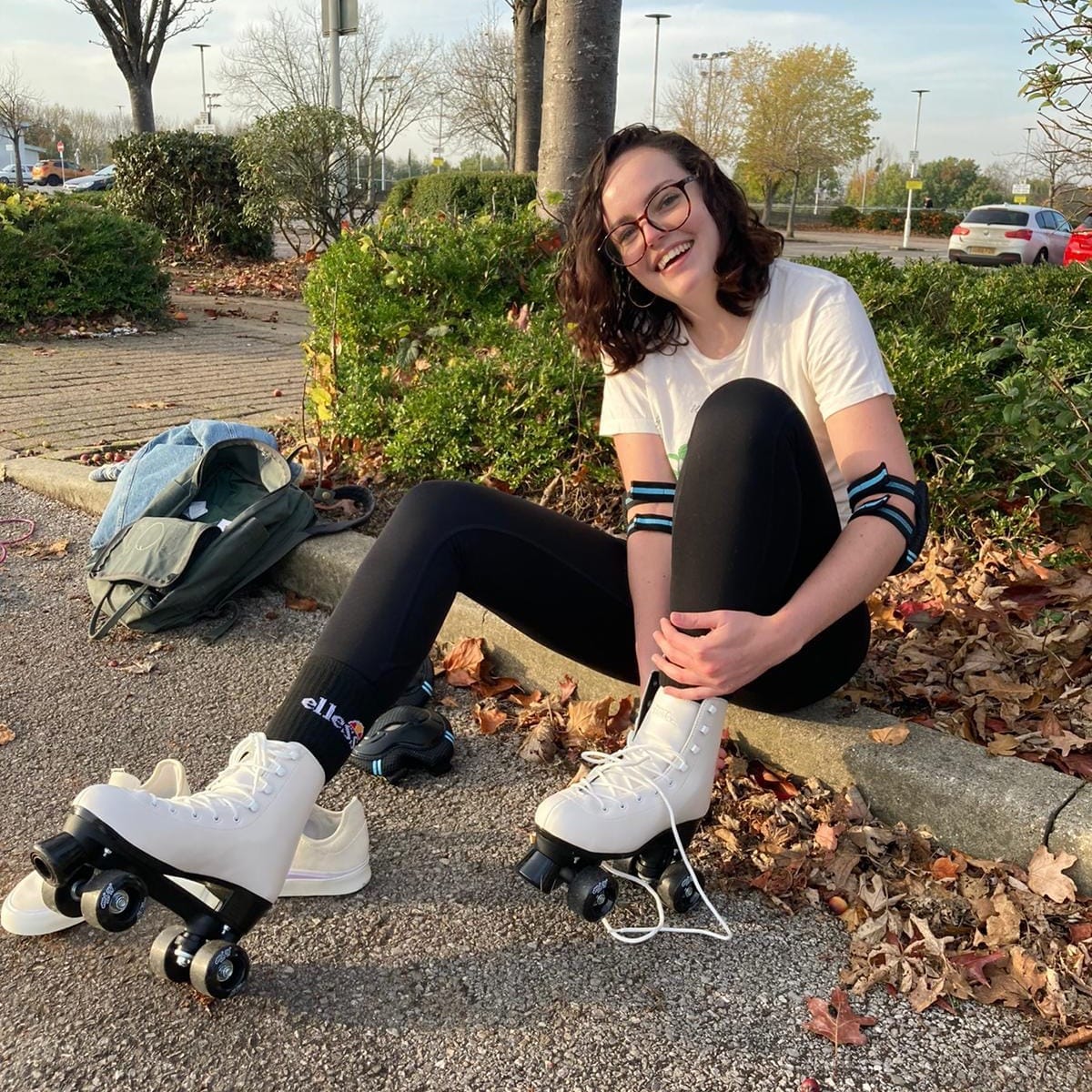The Power of Play
Why so serious?

I’ve been struggling with a wonky knee. You know how it is, you do all the things . . . all the therapy recommendations, all the mobility work. The rehab turns into a part-time job, one more thing on the to-do list. Nothing seems to help. You end up frustrated and tired of it all.
I heard someone say, “Live for something more than your own aches and pains.” That’s hard when the pain is a constant reminder of the drudgery you imagine lies ahead.
I decided to step away from the seriousness of it all, and I started playing. Just for the heck of it, I picked up a hacky sack that had been lying on my living room floor. I had a blast flicking and kicking that thing around! My body and my mind felt rejuvenated after just a few minutes. So much so that each day I started looking for bits of time between responsibilities when I could mess around with that hacky sack.
Before long, I realized my knee felt much better.
It didn’t require a huge investment in time or necessary equipment. I didn't think of it as mandatory exercise. It was just me playing in my living room, and it provided the relief I'd been seeking all along.
When we're young, we're spontaneously playful. It's how we learn about our surroundings, build our strength, and increase our mental capacity. As we grow toward adulthood, though, that playful nature falls to the wayside.
It's inevitable to some extent because we acquire more commitments; we just don't have the same free time available anymore with so many obligations to fulfill.
However, that playful spirit also fades because we tend to value others' opinions of us more than we value our own well-being; we want to look as adult as possible, mold into how society expects adults should behave, do the things adults are "supposed" to do.
“We’ve been conditioned to believe that the pursuit of fun—particularly our own fun—is frivolous, selfish, and self-indulgent, even immature and childish.” —Catherine Price, The Power of Fun, page 17
Growing up, I wasn't aware when my playfulness started disappearing. But I regret that I allowed that playful mindset to dwindle.
As physician Gabor Maté says,
“We sacrifice our play for acceptance.”
Years of experience have shown me how quickly things like a brief phone check or internet search turn into several long minutes . . . minutes I thought I was rewarding myself with a well-deserved break. Minutes after which I never ended up feeling refreshed but instead felt exhausted.
“We have forgotten what it feels like, to the point that we don’t even realize what we’re missing.” —Catherine Price, The Power of Fun, page 46
Now that I've rediscovered play's importance and felt its healing effects—like how it has helped bring clarity to my thought processes, refresh my body, and increase productivity in other aspects of my day—I'm searching for opportunities where I can choose play over mindless distraction.
I believe we all have snippets of time available if we look for them.
What's something you used to love doing when you were young? Something you grew out of because it seemed too childlike?
Perhaps you could learn something new, enjoying the play for play's sake. Something you're not already good at, something where you won't focus on being #1.
- Kick a hacky sack around.
- Twirl a Hula-Hoop.
- Practice your balance.
- Play with a jump rope.
- Climb on your kids' play set.
- Throw on a pair of roller skates.
- Dance to some funky music.
Keep it simple. Be inquisitive. Find the fun. Look for the funny. Play . . . it's not just for kids anymore.